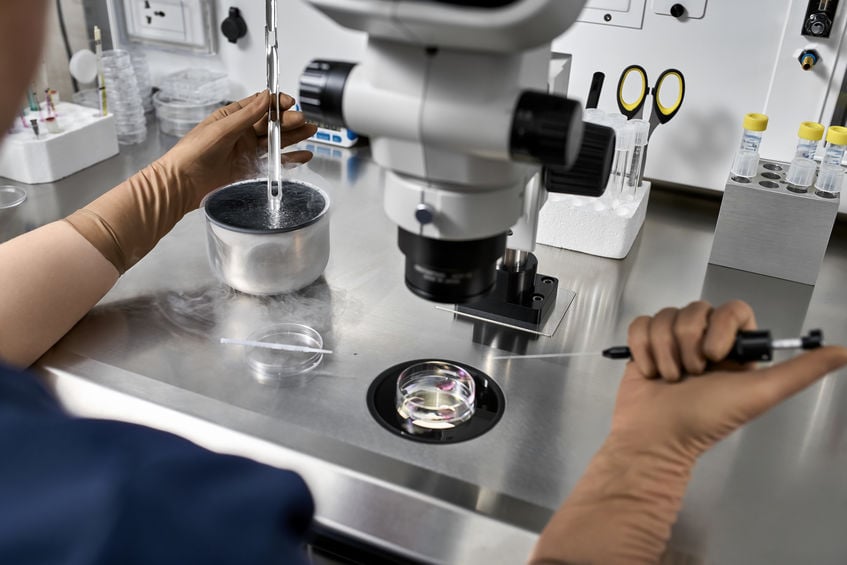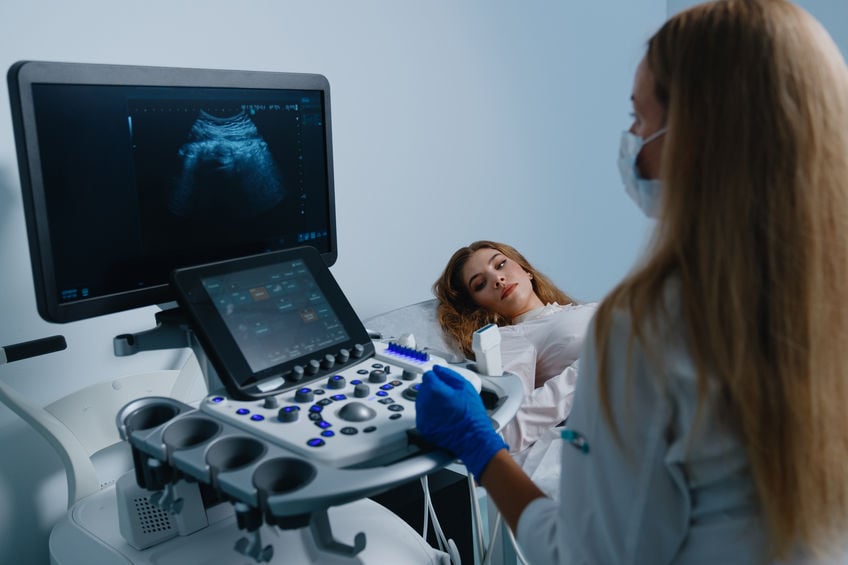Thinking About Freezing Your Eggs?
More and more women are becoming open to the concept of egg freezing. Those who choose egg freezing delay pregnancy for personal or professional reasons. Others need time to deal with serious medical concerns like cancer. Whatever the reason, women have many questions about the process, including fertility testing.

What is egg freezing?
Women with a healthy reproductive system have a set number of cells that will turn into eggs. Not only does the ovarian reserve diminish with age, but the quality of eggs can also decline. Egg freezing extracts as many eggs as possible to use later. These extracted eggs are frozen and stored by a fertility clinic. Using eggs produced years prior can increase the chances of pregnancy through IVF.
Why do I need fertility testing?
Fertility testing is a series of checks used for women and men struggling with fertility. These tests are also critical for the egg freezing process. Egg freezing aims to extract and store the best eggs possible. To do that, the fertility team must ensure the patient is in good reproductive health. Fertility testing can also identify any health concerns that jeopardize the eggs or the process. These tests include hormone testing, ovarian reserve testing, and infectious diseases.
Do I need to take hormone medication?
Since the ovaries release a mature egg each month, medication helps produce multiple mature eggs. The treatment often starts with birth control pills for 2 weeks. Birth control gives better predictability to the ovarian cycle. The ovaries also respond well to the upcoming hormone medication. From there, the woman takes hormone injections for 10-14 days at home to produce mature eggs.
What should I expect during egg freezing?
Egg freezing requires consistent administering of the hormone medication to work. The patient will frequently visit the doctor during the 10-14 days to ensure the treatment is working. Once the eggs are ready, the doctor extracts them in a minimally invasive procedure. Using ultrasound, the doctor guides a needle through the vagina to the ovaries. The mature eggs are removed from the follicles, with the entire process taking 10-20 minutes. The fertility specialist will receive the sample, dehydrate and cryopreserve the eggs.
Are there any side effects to fertility testing and egg freezing?
Both procedures are generally safe but will carry some minor side effects. For instance, hormone drugs cause irritability and bloating. There could be mild cramping and discomfort during extraction. In severe cases, ovarian hyperstimulation syndrome (OHSS) can happen but can be managed. If any side effects impact the quality of life, seek advice from the doctor.
What happens to my eggs when I need them?
The eggs are thawed in a unique solution when the woman is ready for pregnancy. In most cases, about 70% of eggs survive the freezing process. A sperm sample will then combine to form the embryo, often through a process called intracytoplasmic sperm injection (ICSI). The doctor will then transfer the mature eggs to the uterus.
Eggs on ice
Egg freezing will continue to rise in popularity. More and more women wish to delay having children for professional or personal reasons. Egg freezing suspends time for these eggs when the quality is best. The fertility testing and procedures that come with cryopreservation can be intense but are necessary for success.





